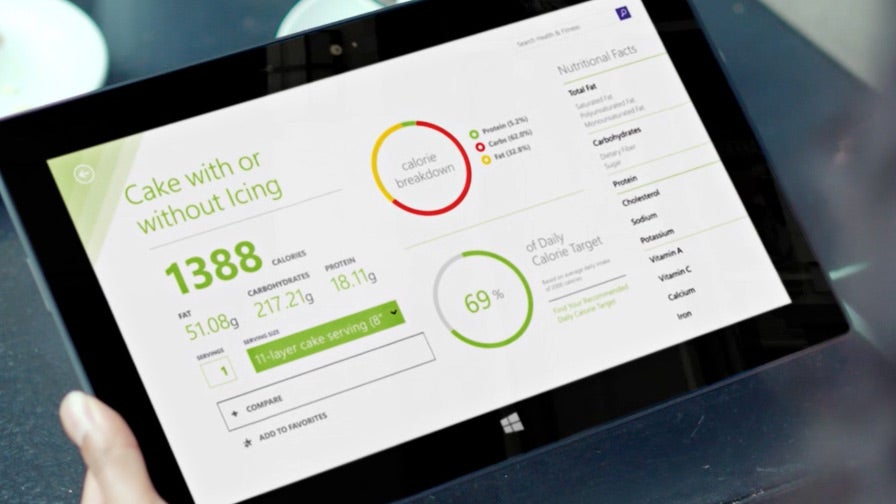Rhodri Marsden: Why wearable tech might just get us moving again

Many of us cannot be trusted to look after our own bodies without being reminded that we're losing our shape or that we have a death-like pallor.
Whether that reminder comes from a weekly peek at the bathroom scales, an indiscreet partner prodding us playfully in the guts or just feeling downright dreadful, we still need that prompt – otherwise we'd languish in a cream cake-lined den of inactivity. It's the great irony of health and fitness; none of us like being lardy and lethargic, but for some reason we require additional motivation to do something about it. Gadgets will soon be taking on more responsibility for giving us that nudge.
"Health and fitness" are currently written in large capital letters on the whiteboards of many big technology companies, circled three times and with arrows pointing outwards to things like "wearable tech", "apps", "digital health" and "body sensors". This week has seen the launch of Microsoft's Bing Health & Fitness app ("the one-stop shop for a healthier you"); rumoured screengrabs of Apple's iOS 8 have been circulating online which feature Healthbook, an app that gives you a visual snapshot of your current state of health; references to a "Fitness API" have been spotted in recent versions of the Android OS, while Basis, manufacturer of health tracking technology, is being eyed up for purchase by a number of companies.

The supposition, perhaps, is that if maintaining our fitness is made easier it'll no longer be the preserve of fitness freaks. We'll all want a piece of it.
The "game-ification" of fitness is already underway, of course. Nike's Fuelband, Fitbit's Flex and Jawbone's Up all wrap around your wrist, working in tandem with smartphone apps to track sleep and movement (with varying levels of accuracy) and rewarding you with neatly-presented data. But some details, such as the food you consume, need to be fed in manually and that can be something of a faff. The future of fitness data-gathering is embedded within advanced sensors, sensors which can automatically tell when we're dehydrated, when our glucose levels are low, when we're running a temperature and much else besides.
A current Kickstarter project called The Dash, funded nearly 10 times over, consists of a pair of wireless earbuds that can sense heart rate, oxygen saturation and calorie burning – but that will soon be eclipsed by stuff that's far more sci-fi. The San Francisco Chronicle reported this week on rumours that Apple are working on measures to prevent heart attacks by studying the sound of blood flowing through our arteries, while a US company, MC10, is producing "epidermal electronics" such as BioStamp (a tattoo-like pattern with built-in sensors) and an "interventional catheter" (which literally gets under your skin).

Compared to a wrist strap or a watch this technology might currently seem creepy and invasive, but it stands a far better chance of telling us how we are.
Of course, whatever data this stuff produces, it requires us to be interested in it. (My phone has an app that shows stock prices, but I've never actually looked at it.) But however sloth-like we may be, we all care about our health; the reason we feign indifference is because we're worried what the results might reveal.
If the results are constantly updated and always to hand, however, perhaps that fear will disappear and the prospect of remedying matters will seem far less onerous.
Join our commenting forum
Join thought-provoking conversations, follow other Independent readers and see their replies
Comments
Bookmark popover
Removed from bookmarks